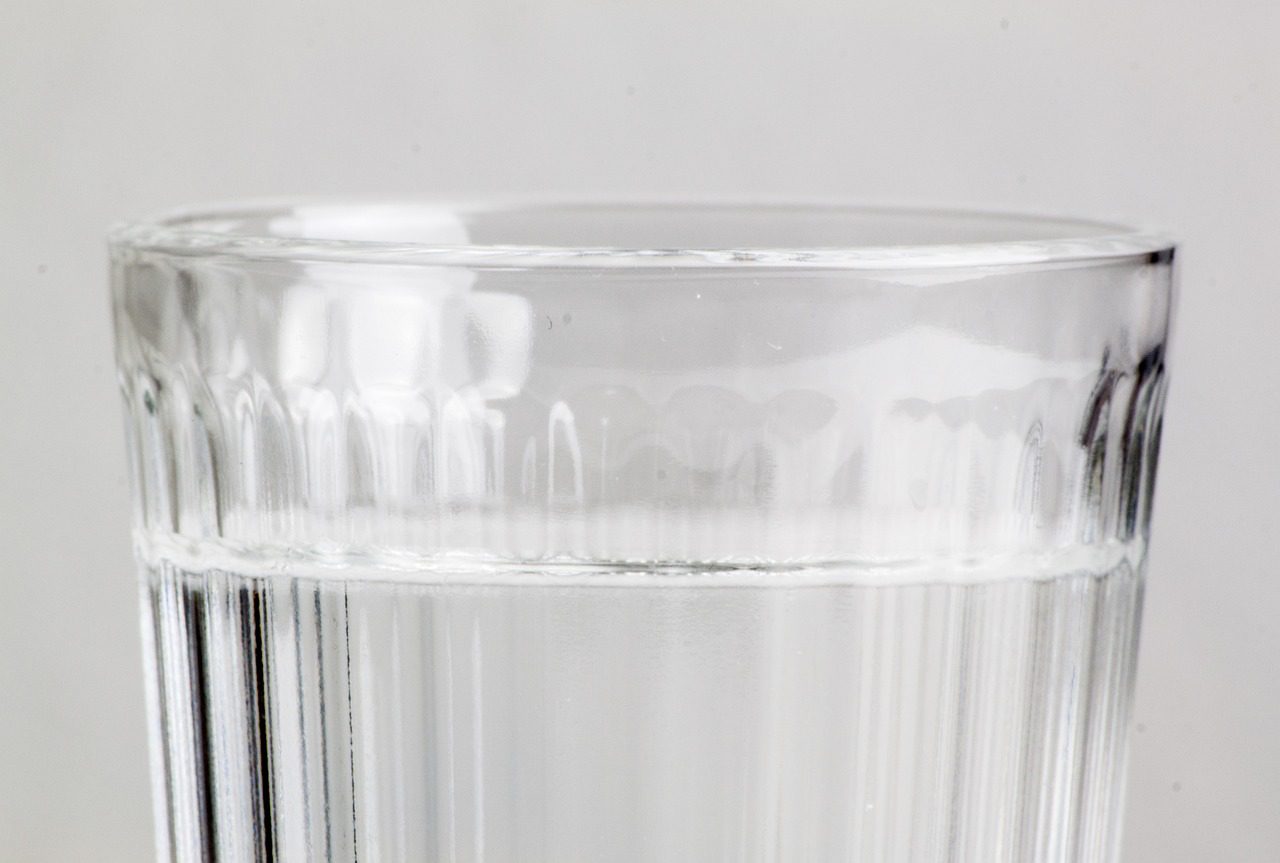December 20, 2023 — A growing number of states in the Colorado River Basin are looking at wastewater treatment as a source of potable drinking water.
Arizona’s Advanced Water Purification.
Last month, when Arizona announced its “Advanced Water Purification” program by which Phoenix would convert wastewater into millions of gallons of clean drinking water, the State’s Department of Water Resources had fun with the “potty gold” headlines that popped up in media throughout the state.
California Proposes Regulations.
Joining the efforts to convert wastewater into drinking water, California does not appear to share its neighboring state’s humor. “Don’t call it toilet-to-tap,” Cal Matters wrote in its headline about new rules surfacing in the state.
California is considering new rules that would allow residents to drink highly purified sewage water directly from their taps. This proposal aims to address the state’s long-standing water scarcity issues, especially during droughts. For over 60 years, California has been recycling water, but existing rules require this water to be stored in reservoirs or aquifers before being used.
The proposed regulations, which have been in development for over a decade, will ensure that this wastewater undergoes rigorous treatment and testing. This process is designed to provide a safe, renewable source of water, albeit at a higher cost. The treated water could either be directly piped into drinking water systems or added to raw water sources before reaching water treatment plants. For the large water districts in the state, the treated water could provide millions of gallons of potable water a day.
Nevada’s Pioneering Approach.
KUNR Public Radio reports that in north Reno, Nevada, a project named OneWater Nevada is demonstrating an innovative way to recycle wastewater into safe drinking wate r. This initiative is led by the Truckee Meadows Water Authority (TMWA) and involves collaboration with local entities including the University of Nevada, Reno. The project is significant due to its inland location, contrasting with many coastal water purification efforts that rely on reverse osmosis. The Reno-based project uses a combination of charcoal filtering and ozone addition to treat wastewater, a method distinct from reverse osmosis which produces brine as a byproduct. After extensive testing since 2017, the treated water has been confirmed to meet national and state drinking water standards. With plans to construct a large-scale facility, the project is drawing attention for its pioneering approach in an inland community.
r. This initiative is led by the Truckee Meadows Water Authority (TMWA) and involves collaboration with local entities including the University of Nevada, Reno. The project is significant due to its inland location, contrasting with many coastal water purification efforts that rely on reverse osmosis. The Reno-based project uses a combination of charcoal filtering and ozone addition to treat wastewater, a method distinct from reverse osmosis which produces brine as a byproduct. After extensive testing since 2017, the treated water has been confirmed to meet national and state drinking water standards. With plans to construct a large-scale facility, the project is drawing attention for its pioneering approach in an inland community.
OneWater Nevada is part of a broader trend in the Mountain West region, where states like Colorado are adopting regulations for direct potable reuse of treated wastewater. South Jordan, Utah, is also exploring similar water purification methods. In Reno, the purified water will initially be used for irrigation and groundwater replenishment before potentially being introduced into the public water supply. The project team is focused on public education and acceptance, using a mobile treatment lab for demonstrations. This outreach is vital in addressing public concerns about drinking recycled water, a practice that has been in use for decades, even in space missions. The full-scale plant in Reno aims to produce a significant amount of water daily, contributing to the region’s water security and sustainability.
Direct Potable Reuse in Colorado.
In Colorado, recycling wastewater for various uses, including brewing beer and drinking, is becoming increasingly common. PBS News Hour  notes that Eric Seufert, owner of 105 West Brewing Co. in Castle Rock, has successfully brewed beer with recycled sewage water. This practice is part of a larger initiative as Colorado faces a growing population and dwindling water supplies, exacerbated by climate change.
notes that Eric Seufert, owner of 105 West Brewing Co. in Castle Rock, has successfully brewed beer with recycled sewage water. This practice is part of a larger initiative as Colorado faces a growing population and dwindling water supplies, exacerbated by climate change.
The state’s water quality agency has given preliminary approval to regulations for direct potable reuse (DPR), which involves treating sewage water for direct use without natural water bodies as intermediaries. Colorado could be the first state with such regulations. The DPR process includes disinfecting wastewater and filtering it to remove contaminants. Although there are no specific federal regulations for DPR, projects must comply with federal drinking water health standards.
Castle Rock, heavily reliant on groundwater, is considering DPR due to the unreliability of local creek flow. The city currently reuses about 14% of its wastewater, but DPR offers a more immediate solution compared to building reservoirs. Other Colorado cities anticipate rapid population growth and see DPR as essential for future water management. Federal funding is available for such projects, but not all qualify, which may lead users to bear the costs. As water scarcity intensifies, particularly with challenges facing the Colorado River, cities like Denver and Colorado Springs are planning to recycle water for drinking purposes, despite potential difficulties and expenses.


Leave a Reply